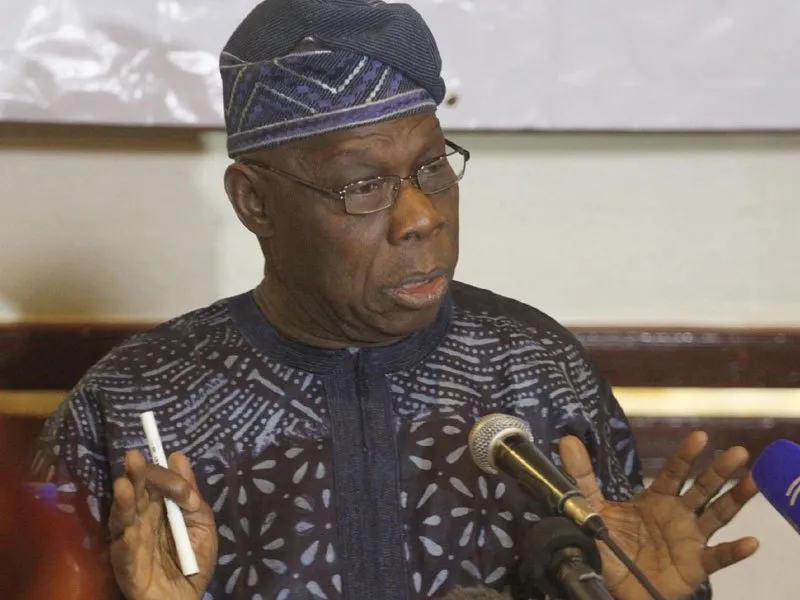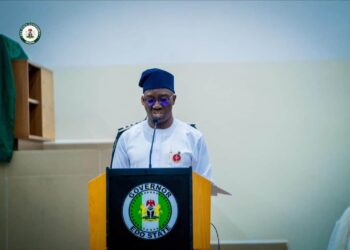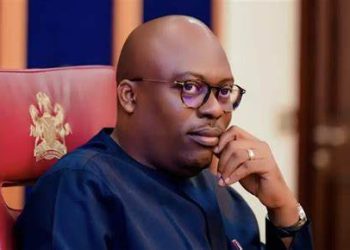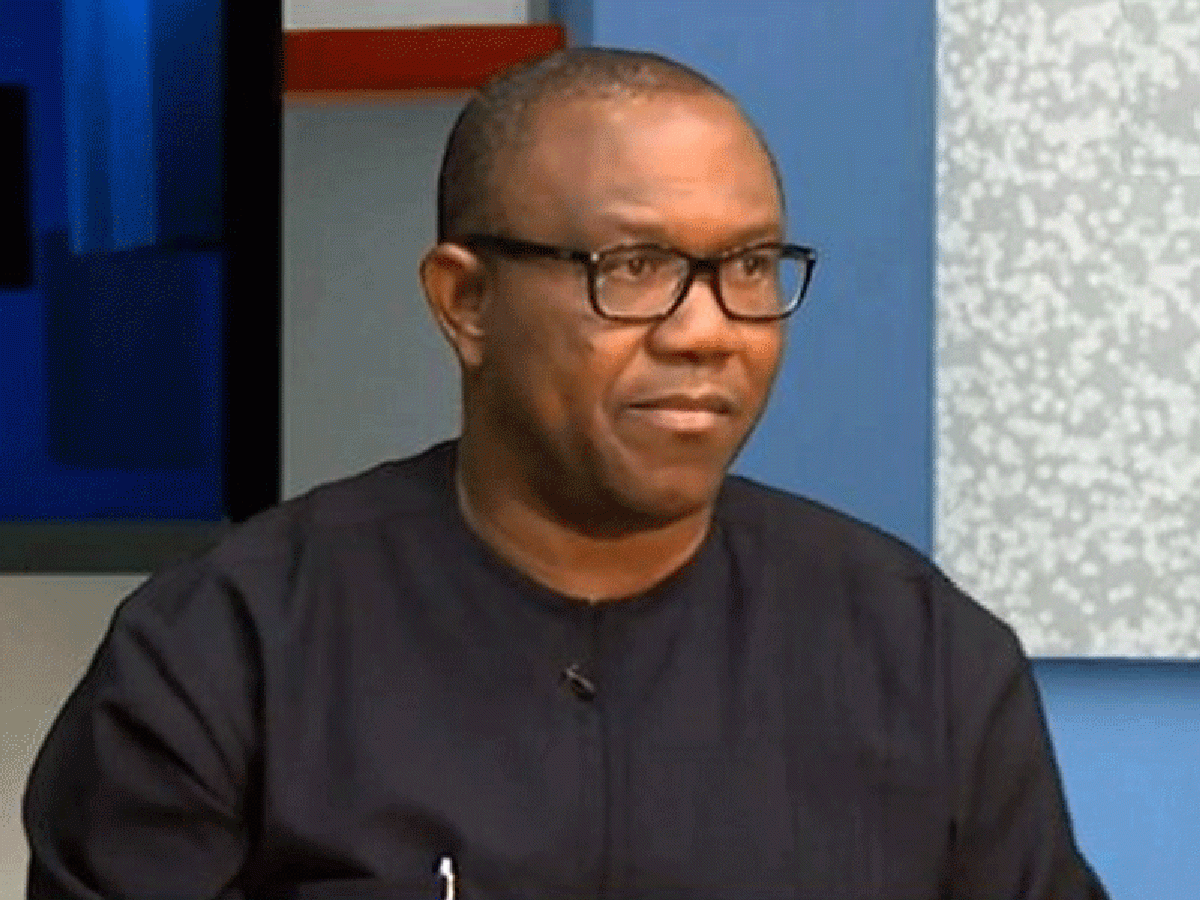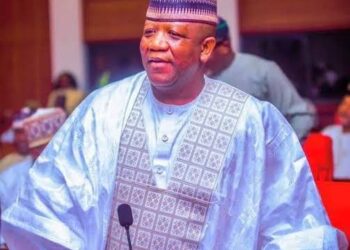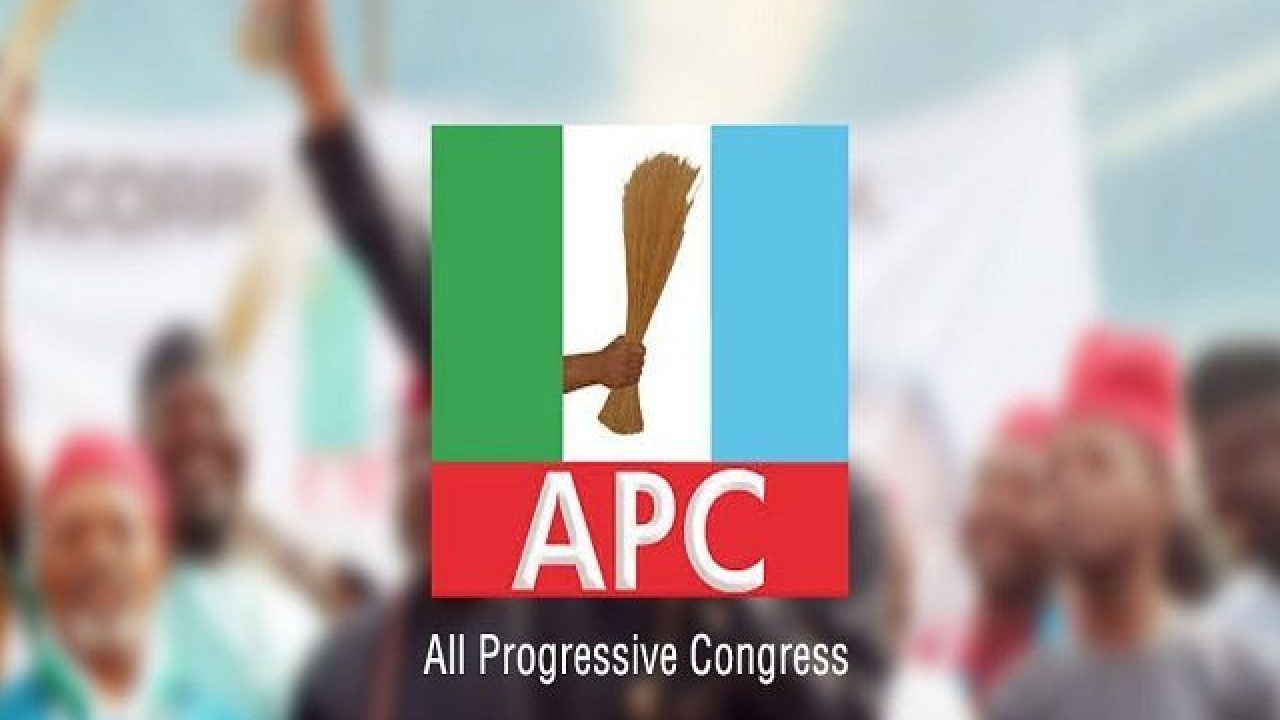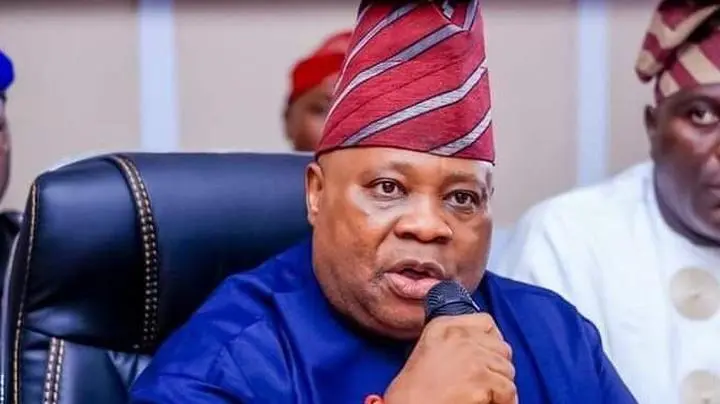Former President Olusegun Obasanjo has delivered a scathing assessment of President Bola Ahmed Tinubu’s administration, suggesting it represents the only serious challenger to what he describes as former President Muhammadu Buhari’s historically poor governance record.
The 88-year-old elder statesman made these pointed observations in his recently published work “Nigeria: Past and Future,” one of two books he unveiled in March to commemorate his birthday milestone. His second publication, “Lest We Forget: Slavery, Slave Trade, Emancipation and Reparation,” accompanied the release.
In the opening chapter titled “From the Beginning Till Now: The Missing Key,” Obasanjo conducted a comprehensive review of Nigeria’s post-independence leadership, ultimately concluding that Buhari’s eight-year tenure represented the nadir of civilian governance in the country’s democratic history.
Writing with characteristic directness, Obasanjo stated that “Only Bola Tinubu’s administration seems to be competing with Buhari’s for now,” drawing an unflattering parallel between the current and immediate past administrations in terms of governmental effectiveness.
The former military head of state and civilian president highlighted what he viewed as fundamental contradictions in Buhari’s political trajectory. He recalled how Buhari, during his earlier political incarnation, had severely criticized the Shehu Shagari administration, branding it as corrupt, directionless, and self-serving, yet failed to address these very issues when he later assumed democratic leadership.
Obasanjo expressed puzzlement over the disconnect between Buhari’s earlier political rhetoric and his subsequent governance performance. “Words are cheap, and what needed to be done was left undone during Buhari’s civil administration from 2015 to 2023 – the worst civil administration so far in Nigeria’s history,” he wrote.
The former president questioned whether Buhari’s previous criticisms of other leaders were genuinely his own thoughts or merely scripted statements, given the stark contrast between his earlier pronouncements and his eventual administrative record. “Maybe those ideas and thoughts were not his; he just read them as written for him. Otherwise, how do you explain the gulf between what he said then and how he governed later?” Obasanjo wondered.
This latest critique continues Obasanjo’s pattern of frank assessments of Nigeria’s political leadership, leveraging his unique perspective as someone who has experienced governance from multiple angles. He acknowledged this distinctive position in his book, noting his service both as military head of state and later as an elected civilian president.
Reflecting on his advanced age and continued engagement with national issues, Obasanjo adopted a philosophical tone about his mortality while maintaining his commitment to national discourse. “I have had the honour of serving this country as a military Head of State and later as President. So, it might be said that I have sat on both sides of the fence. Now, I am getting close to my departure lounge, maybe without picking my boarding pass yet,” he observed.
Despite his proximity to what he terms his “departure lounge,” the former president emphasized that his continued writing and public commentary stem from a genuine desire to contribute to Nigeria’s development trajectory. He positioned his literary works as contributions intended to inspire positive change and national progress.
The timing of these critiques, coming through published works rather than political rallies or media interviews, suggests Obasanjo’s intention to create a lasting record of his assessments of contemporary Nigerian governance. His comparison of the Tinubu and Buhari administrations places both within a broader historical context of Nigerian leadership challenges.
Political analysts suggest that Obasanjo’s critique carries particular weight given his extensive experience in Nigerian governance and his role as an elder statesman whose opinions often influence public discourse. His assessment of both administrations as representing low points in Nigeria’s democratic experience reflects broader public concerns about governmental effectiveness and policy implementation.

